If you’ve been keeping up with our work at The UnSchool, then you already know that we are all about activating systems change for a sustainable future by design. We work with people of all professional and personal backgrounds to support the rapid transition to being an activated creative changemaker.
Our approach is deeply rooted in a philosophy of systems, sustainability, and design, forming three knowledge pillars that hold up all that we do. All of our programs, projects, and practices have systems thinking, sustainability sciences, and creative design solutions at the heart. These three pillars wraps up into the Disruptive Design Method, which is a scaffolding that enables people to think and do differently when it comes to understanding and working to help solve complex problems. In fact, we LOVE problems and embrace chaos and complexity at the UnSchool, helping others do the same!
In this week’s journal, we are exploring in more detail our three pillars of Systems, Sustainability, and Design.
SYSTEMS
The world is made up of complex, interconnected, and interdependent systems, starting with the most important life-sustaining systems of all, the ecological system, Planet Earth, which is made up of the billions of individual yet interconnected parts that form the magical whole that we are all a part of. Earth's natural systems provide every single living thing with the resources needed to exist, and thus, it is in our fundamental needs to create things that meet our needs within the opportunities and limitations of Earth.
We live within a set of complex social systems that subtly govern human society, from education to government and everything in between. Social systems are emergent outcomes of our collective desires for success as a species. Social systems breed the human-created industrial systems that work tirelessly to manufacture the needs of our desires, and yet so many of us are oblivious to how they work and what impacts they have. It's often at the point of these systems intersecting with nature, where we mine resources to obtain the raw materials required to make all the products we use, that we see many of our environmental and social problems evolve. The industrial system brings all the wonderful tools of modernity at the expense of the natural systems that we all need.
Understanding and working within the multi-level perspectives that systems thinking enables is fundamental not only for making change, but also for being an active participant in the world and the design of a future we all want to live in. We use systems mapping and life cycle mapping to explore these connections, and one of the key tools we use for this is the three systems at play map (see above). This particular map helps people identify the types of systems that we humans have designed, as well as how they connect to the industrial systems we have created to meet our social needs. Mapping connections here demonstrates the reliance and destruction of the ecological systems that sustain the rest of the systems.
Within the Disruptive Design Methodology knowledge set, there are several systems-based classes: Systems Thinking; Language, Influence, and Effect; and Systems Interventions.
SUSTAINABILITY
The ability to sustain life on Earth requires us to work within both the systems that nature evolved as well as the human-formed systems of society and industry. We all rely on natural systems for survival, which means that the imperative to enact sustainability is within all of us. No one can opt out of breathing, consuming nutrient-dense food, or drinking H20, so we are all implicated in figuring out how humanity can be a regenerative force on this shared planet, rather than continuing to extract and exploit the natural systems that sustain us.
The fundamental quest of our time is to figure out how to transform our global economy and society from a linear one based on value loss and waste creation to a circular economy built on regeneration, sustainability, and value-gaining systems. The knowledge and power we have acquired through the industrial and technical revolutions have formed the tension between nature and our human needs, but now we can transition to meeting our needs within the boundaries and systems of nature, if of course, we have the tools to understand, participate, and contribute back more than we take. That is the essence of the sustainability concept, doing more with less, and understanding how the planet works so that we can participate within its means and evolve from an extraction-based society to a regenerative one.
At the UnSchool, we embed sustainability into everything that we do, from post-disposable considerations in all our programs and our food philosophy through to our new farm-based rural regeneration campus. We don’t get everything right, but we are on a constant journey of figuring out how to do things in a more sustainable way; for example, we are currently exploring our digital footprint and developing a zero waste digital communication strategy as we recently discovered just how much of an impact each video watched and email sent has on our carbon emissions.
Learn more about sustainable practices in our Sustainability and Sustainable Design & Production courses.
DESIGN
Design is a powerful silent social scripture that surrounds us at all times; it influences our lives from the moment we are born until the day we die. Everything, absolutely everything that we encounter in our day-to-day interactions with the world is by design, and thus can be re-designed to meet our needs in more elegant, sustainable, and sophisticated ways. That’s why we have the Disruptive Design Method as a tool to support anyone being able to contribute to designing a future that works better than today!
To form usable goods and provide services, design takes all the materials and resources it needs from nature. Therefore, every action we take has an impact on the natural world, so designing better products, services, and systems is one of the critical tools for bringing about a circular, sustainable, and regenerative future.
Our current global condition of designing for disposability, overexploiting and undervaluing the raw materials and formed goods created in this industrial system perpetuates the unsustainability of our species, but through circular systems design, we can turn the tides on this trend. From this foundational perspective of design, we can approach the needs and reconfigure value to work within the natural systems that are required to sustain life on Earth, designing goods and services that not only meet human needs and desires in beautiful ways, but also add value back to the system that gives us all life, and support environmental regeneration.
The Three Pillars, Combined
The combination of these three pillars make up the foundational tools for thinking and doing differently, for understanding complexity, and for developing the propositions for a better future by design. With systems, sustainability, and design at our core, we design systems of learning and positive impact that maximize social, economic, and environmental sustainability through the understanding of the complex interconnected systems at play in the world around us. This enables us to design experiences that maximize positive change.
We translate these into all sorts of different things, reconfiguring our content and unique tools into learning systems like the Circular Classroom, our Fellowship Programs, and even our Living Learning Lab in Portugal. The beauty of having integrity-based models like this is that they hold regardless of the difficulties that you face, and for us at the UnSchool, our goal is to activate and equip people with the tools they need to agentize themselves to make more positive change in the world.
Agency is the outcome of learning applicable tools that you can activate in your world, and the one thing we need more of is people willing to take action to solve the complex problems we all face. If you are keen to make change, you don’t need to come to the UnSchool to do so, all you need to do is get started! But if you want to get the tools to make change, understand how to design positive interventions an be a force for good, then we have you covered at the UnSchool!
